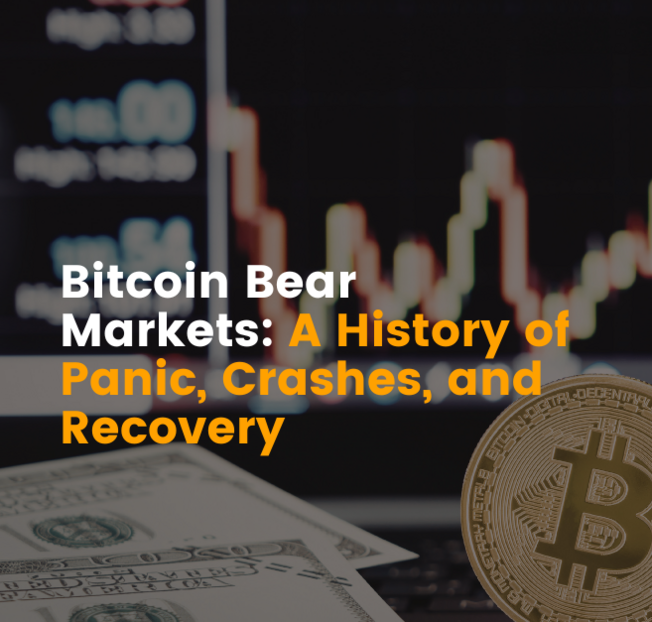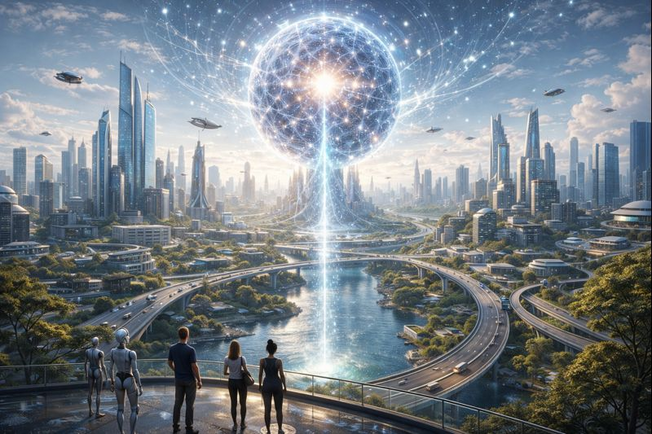Do you remember the USSR? Exactly 25 years ago the Soviet Union, came to an end. Will the same happen to the EU?
Yesterday I gave a talk at the National Achievers Congress about our Post-Brexit world. I shared how Brexit fits into a larger 25 year cycle we’ve experience in modern history:
25 years ago, in 1991, the USSR dissolved. Something thought unthinkable during the previous decades of the Cold War, where the USSR and USA were the two big superpowers. This led to the growth in power of the EU and the countries in Eastern Europe.
50 years ago, in 1966, saw the final disintegration of the British Empire, with the number of people under British rule outside of the UK dropping from 700 million in 1945 to 5 million in 1966. The end of the British Empire also saw a major devaluation in the pound.
75 years ago in 1941, we were midway through WW2, and 100 years ago in 1916, we were midway through WW1.
Each of these major dislocations led to a new era, from the rise of democracies, to the rise of corporations, to the rise of entrepreneurs. Each era has brought power down in the next level of scale, from countries, to companies, to individuals.
As other countries in the EU call out for their own referendums and question their own place in it, could we see the EU meet the same fate as the USSR? Whether it lasts or not, it will definitely change in its form and influence in the world.
In the meantime, what new era will rise in the coming 25 years from now through to the time predicted when we reach the technological singularity in 2041 – where AI becomes smarter than humans?
I believe this will be the era of the change maker.
In the same way that companies are able to have a greater impact than countries (Facebook now has a population larger than the largest country, China, and Instagram has more members than the EU has citizens), in the future individual change makers will have the power and influence to lead movements directly without even the need to be leading a company (or country).
The trend towards cities becoming more important than countries, and leaders becoming more influential outside politics than it it, is likely to continue to this end point where current nation states become far less relevant.
Whichever way things go, there is no question that as “communities united by place” continue to separate through conficting values and agendas, “communities united by purpose” will continue to grow in strength and global reach.
So instead of waiting for politicians to solve things, ask:
What’s your purpose?
Where’s your tribe?
Where’s your leader – or are you the leader?
And are you thinking globally enough?
Then take action.
We’re the ones we’ve been waiting for.
“The only thing that Is constant Is change” ~ Heraclitus
















Leave a Reply